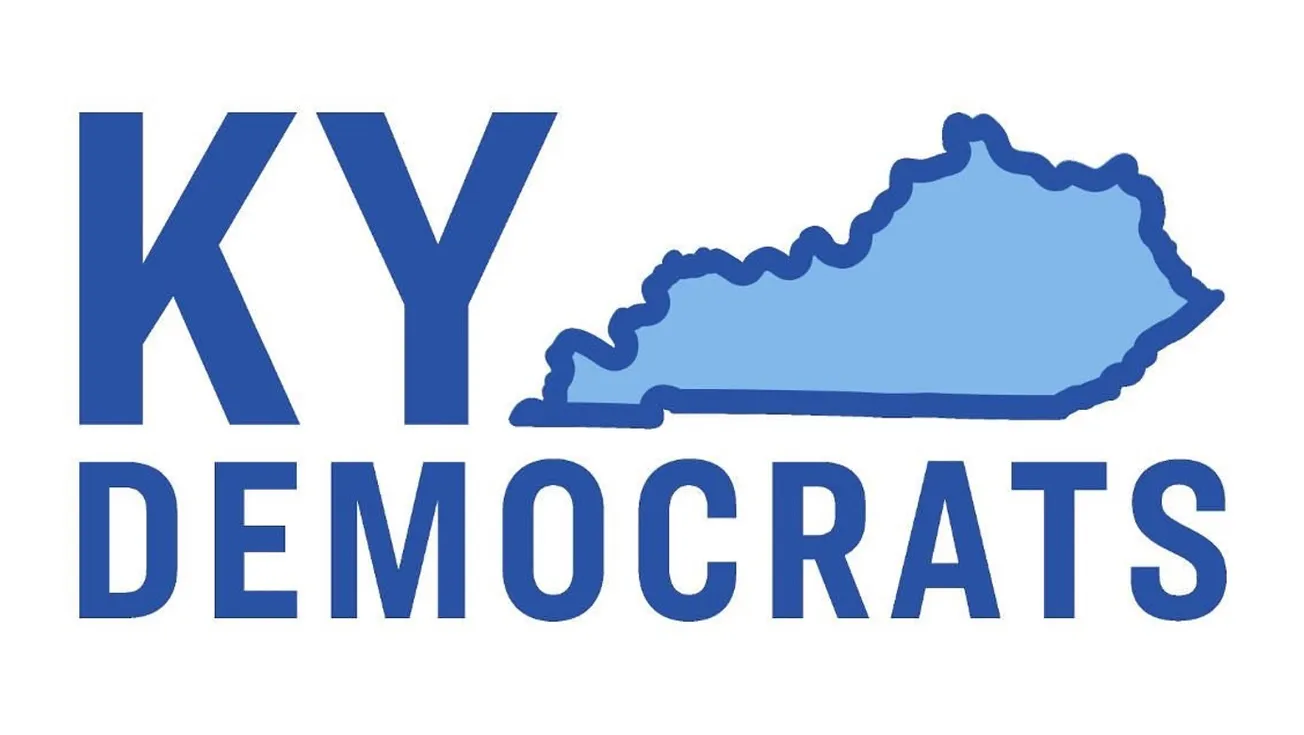Last week, I attended the board meeting of the Kentucky Registry of Election Finance to see what might happen regarding the audit of the Kentucky Democratic Party.
For a political junkie like myself, it was an interesting meeting. The agenda was fairly long, but the board moved through it with efficiency.
There were some final conciliation agreements that the board approved. (“Conciliation” is where KREF and a candidate or campaign come to an agreement on the resolution of a case, including whether a finding will be put into the record and whether there will be a fine, and how much.)
There were a number of audits presented without findings, meaning the auditor said everything looked correctly documented and the rules were followed. Included in this group, it should be noted, was the Republican Party of Kentucky (RPK).
There were a number of cases involving reporting violations. It was pointed out that in the past the Kentucky statutes said that a fine could be imposed by the KREF board for being late in certain reports, but it wasn’t required to do so. However, in the last legislative session the law was changed to require a fine of $500 for certain campaign finance violations, even if unintentional. That change caused at least one campaign to push back on KREF and say they wouldn’t pay it. When that case came up, no one from the campaign showed up to respond to the case, so the board voted to give the campaign one more chance to come to conciliation – and if that didn’t work, get a court order forcing them to pay the fine.
There was an interesting case involving the Boone County Democratic Executive Committee and their rental of a booth at the county fair. It turned out that one of the board members is actually in charge of booth rental at that fair, so he recused himself.
The reason the booth rental came into question was because the county exec committee used Income Tax Checkoff (ITC) funds for the booth rental. (ITC funds are what political party executive committees receive when you check those boxes on your state income tax return.)
The problem is that the statutes say that ITC funds can only be used to support candidates in the general election or to pay for the upkeep of party headquarters, and since the year of this booth rental there was no general election, the next election would be the primary of the next year – so you couldn’t pay for the booth rental with ITC funds.
The county party argued that the booth was, indeed, supporting candidates in the next general election, because it was not supporting individual candidates but the party as a whole. And, they noted that their booth location had been the same for years — right on the “main drag” — and if they gave it up one year, there was no guarantee that they wouldn’t wind up somewhere on the back of the fair the next year.
The board discussed this for a bit, and decided that the reasoning of the local party was legitimate, so they dismissed the case.
The KDP case comes before the board
The last case on the agenda was the case against the KDP. As I wrote a few weeks ago, this audit covered 2015 to 2019, concluding with the last statewide election for constitutional offices, and the findings involved the use and documentation of ITC funds.
You can read that story for the details, but essentially KREF’s auditor reported two finding. The first was that the totals in the ITC account didn’t match the bank statements for that period. More concerning, though, was the finding that KDP was spending ITC funds by transferring them to their federal account (which isn’t audited by KREF, since it is federal), and that there was no documentation of what the money was used for. So, there was no way to prove it was used for the two things you can use ITC funds for: promotion of the party and candidates during a general election, and upkeep of party headquarters.
Basically, KDP would transfer large chunks of money — say, $20,000 at a time — out of their ITC account to their federal account, and their report to KREF would just say “transferred” as to how it was spent.
The KDP argument, which was repeated multiple times, was simple: we’ve always done it this way and you haven’t questioned it before – why call us out for it now? As Lindy Karns, the party treasurer, said more than once: We’ve reported “transferred” on our ITC reports to you since 1999; what changed?
What changed, essentially, was that this time the auditor said in the audit report that there was no way to audit whether these funds were properly used, since there were no expenditures listed, no vendors listed, and no receipts.
In an attempt to deal with the second finding regarding the “what were these transfers used for,” KDP provided a large document basically containing screen shots of Federal Election Commission reports, to prove that they had spent all the ITC money (and more) on the two allowed purposes. But, as far as I could tell, there was no documentation of which transfers paid for which things. And, according to the KREF board chair, that large document arrived the afternoon before the hearing, when KDP had known about this problem for at least a month, if not longer.
I thought the KDP folks might have an argument as to why have the audit finding now, when we’ve done it this way for years – but the KREF board wasn’t having it.
One board member repeatedly read out the single sentence in the Kentucky Revised Statutes which says that the annual ITC report must include “An itemized listing of each expenditure authorized, incurred or made from such remitted funds, indicating the amount, date, and purpose of each expenditure, regardless of the amount, and the name, address, and occupation of each person to whom an expenditure of fifty dollars ($50) or more was made, since the date of the last report.”
He would follow up by saying, essentially, There’s the statute, and it seems pretty clear to me. How can you say you didn’t know you had to report these things? How could you think that simply saying “transferred” met this standard?
This went back and forth for some time, with each side repeating what they had said earlier. Finally, one board member said he would like to push this issue to the next meeting, and give KDP time to do a better job of showing how the funds were used.
John Steffen, the executive director of KREF, said repeatedly that they weren’t saying KDP had misused the funds, they were only saying the reporting violated the statute. But when the one board member said he wanted to push things out, the board member who had been so insistent on what the statute said picked up on that, and expanded it to say that the auditor should be given time to actually complete the audit with KDP, just in case there was actual misuse of funds in addition to the reporting problem.
And that’s where it wound up. The KREF board voted to delay acting on the KDP case until the audit was properly completed and the auditor had reported back to the board, even if that delayed action for a couple of board meetings.
As an observer reading the room, I don’t think the KREF board was buying what the KDP folks were selling. They seemed ready to dismiss the first finding as “sloppy bookkeeping” (an actual quote from the board chair). But, having tens of thousands of dollars taken out of the ITC account without clearly documenting what it was used for was not something the board was going to overlook or dismiss.
Any time there is an election finance finding against a campaign or a party, the opposing side will be quick to use it on the stump and in attack ads. If the KREF board had gone ahead and voted to send KDP into conciliation — meaning basically “we think you’re guilty, so let’s work out the punishment” — that would have affected this fall’s races to some extent.
Instead, it now looks like the final outcome of this will fall during next year’s races for governor and the rest of the statewide offices. How big a splash could it make? I think it depends on whether there is a fine, and how much it is.
I don’t think there was misuse of funds; the costs of maintaining the headquarters building in Frankfort easily were greater than whatever ITC funds came in.
But “sloppy bookkeeping”? Yes, for sure. If you’re going to run a political party handling any money at all, much less millions of donor dollars, you’ve got to have unquestioned bookkeeping and records, with every dollar clearly accounted for in the manner the oversight board wants to see.
When this comes back up before the KREF board, I’ll cover it and let you know what happened. And let’s hope that going forward, KDP joins the RPK in the “without findings” portion of the KREF board meetings.
--30--








